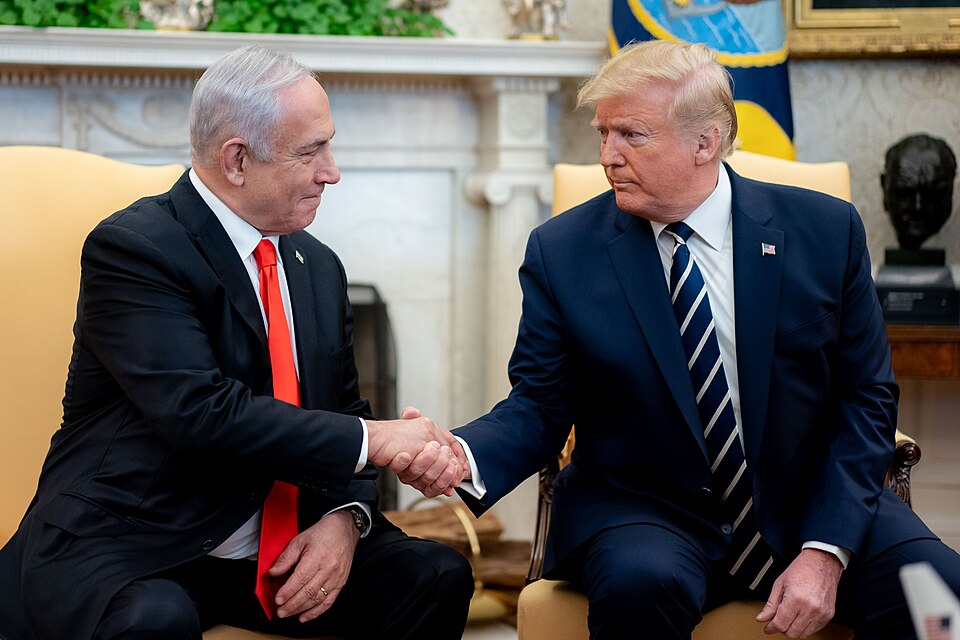
A new US-led proposal aimed at ending the war in Gaza has drawn support from leaders across Europe and the Middle East. President Donald Trump, standing alongside Israeli Prime Minister
Benjamin Netanyahu at the White House, unveiled what he called “a historic day for peace.”
The 20-point plan calls for an immediate ceasefire, the release of 20 Israeli hostages within 72 hours, and the return of the remains of others who are believed to have died in captivity. In return, Israel would release hundreds of Palestinian detainees.
Hamas has received the proposal through mediators in Qatar and Egypt, though it has yet to respond publicly. A senior Hamas official told the BBC the group is willing to review any plan that ends the war but insisted that Palestinian rights, a full Israeli withdrawal, and eventual statehood must be guaranteed.
Key points of the proposal
- Ceasefire and Hostage Exchange: Hostilities would stop immediately, with both sides releasing hostages and remains.
- Aid Access: Humanitarian aid would flow into Gaza once the plan is in effect.
- Future Governance: Gaza would be overseen by a temporary Palestinian committee, monitored by a new “Board of Peace” led by Trump and including figures such as former UK Prime Minister Tony Blair.
- Hamas Excluded from Power: The group would have no role in Gaza’s future governance.
- Long-Term Vision: The plan leaves room for a Palestinian state but Netanyahu reiterated his opposition, saying Israel would never accept such an outcome.
Reactions from around the world
The Palestinian Authority welcomed the US push, calling Trump’s efforts “sincere and determined” and pledging to work with Washington and regional partners to secure peace, aid, and prisoner releases.
Foreign ministers from Saudi Arabia, the UAE, Qatar, Egypt, Jordan, Turkey, Indonesia, and Pakistan also expressed support. In a joint statement, they said the plan should pave the way for a two-state solution, integrating Gaza with the West Bank.
In Europe, leaders struck a hopeful tone.
EU Council President Antonio Costa urged all sides to “seize this moment.”
UK Prime Minister Keir Starmer called on Hamas to “end the misery” by laying down arms and freeing the hostages.
French President Emmanuel Macron said France was ready to contribute, stressing the importance of lasting peace built on a two-state framework.
Italy’s Giorgia Meloni described the plan as “a turning point” and urged all parties to accept it.
The human cost
The proposal comes as the humanitarian crisis in Gaza continues to worsen. According to Gaza’s health ministry, more than 66,000 people have been killed in Israeli strikes since the war began in October 2023, following Hamas’s attack that left 1,200 Israelis dead and over 250 taken hostage.
Entire neighborhoods in Gaza lie in ruins, with makeshift tent camps sheltering displaced families. The UN has confirmed famine conditions in parts of Gaza, and earlier this month, a UN inquiry accused Israel of committing genocide—a charge Israel rejects.
What comes next
While Trump has voiced frustration with Israel’s recent military actions, particularly a strike in Qatar that killed a serviceman, he has continued to back Netanyahu. At the White House, the Israeli leader made clear that if Hamas rejects the deal, “Israel will finish the job.”
The question now is whether Hamas will agree to the terms—or if the war, already one of the deadliest conflicts in the region’s history, will grind on. Photo by The White House from Washington, DC, Wikimedia commons.









































